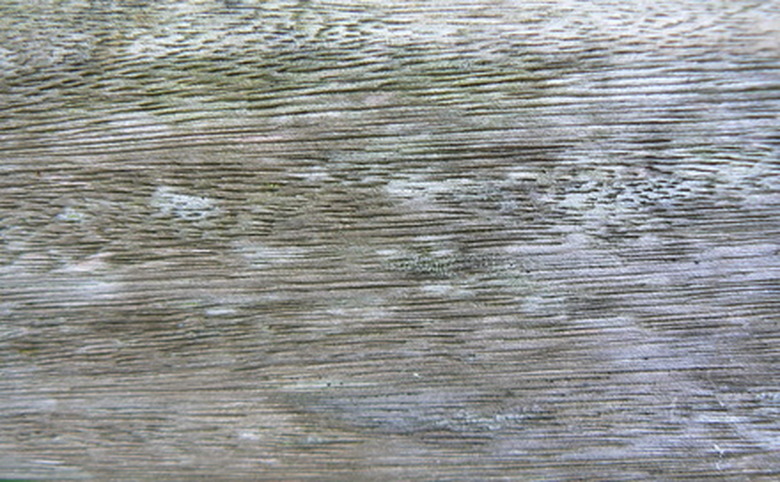Insecticide For Teak Leaves
Teak trees are tropical trees harvested for their durable timber which is crafted into everything from boats to buildings. These trees are valued for their ability to grow quickly, but harsh infestations can lead to major leaf loss which can drastically decrease the timber a tree will produce by stunting growth. Gardeners often use insecticides to combat this dangerous economic problem.
Insecticides
Teak leaves are commonly sprayed with biodegradable insecticides containing azadirachtin or bacillus to combat the most dangerous insect pests, such as the teak skeletoniser beeting and defoliator moths. Cheaper, less environmentally safe varieties include chemicals such as indoxacarb or chlorpyriphos 20, which will help will similar pest problems.
Selectivity
Gardeners must be careful to choose insecticides that are specifically selected to eliminate pests without harming the environment, pollinators and beneficial predators. Chemicals like quinalphos and chlordimeform are known for their potential dangers to close-range beneficial organism. Also on the market are selective soil insecticides that protect against larvae while remaining safe for the environment.
- Teak trees are tropical trees harvested for their durable timber which is crafted into everything from boats to buildings.
- Teak leaves are commonly sprayed with biodegradable insecticides containing azadirachtin or bacillus to combat the most dangerous insect pests, such as the teak skeletoniser beeting and defoliator moths.
Botanical Insecticides
Some teak tree gardeners choose botanical insecticides made from various tree seeds. These extracts often have a powerful insect kill ratio, with little to no risk of possible environmental damage. Neem tree, Datura metal and Chinaberry tree leaves are all harvested for this unique purpose.
Predators
Wasps and other predatory insects can effectively remove infestations from teak trees. These are often used in combination to other biological controls to maximize effectiveness by reducing the need for pest control.
Resistant Breeds
Instead of using individual control agents, large-scale commercial gardeners of teak often use defoliator-resistant varieties to eliminate the need for insecticides. These specific species of crops, like marigold, eliminate infestation concerns. This is a excellent option for large-scale operations looking to cut production costs on their plants.
- Some teak tree gardeners choose botanical insecticides made from various tree seeds.
- Instead of using individual control agents, large-scale commercial gardeners of teak often use defoliator-resistant varieties to eliminate the need for insecticides.
References
- "Tropical Forest Insect Pests"; K. S. S. Nair; 2007
- "Insect Control: Biological and Synthetic Agents"; Sarjeet S. Gill; 2010
